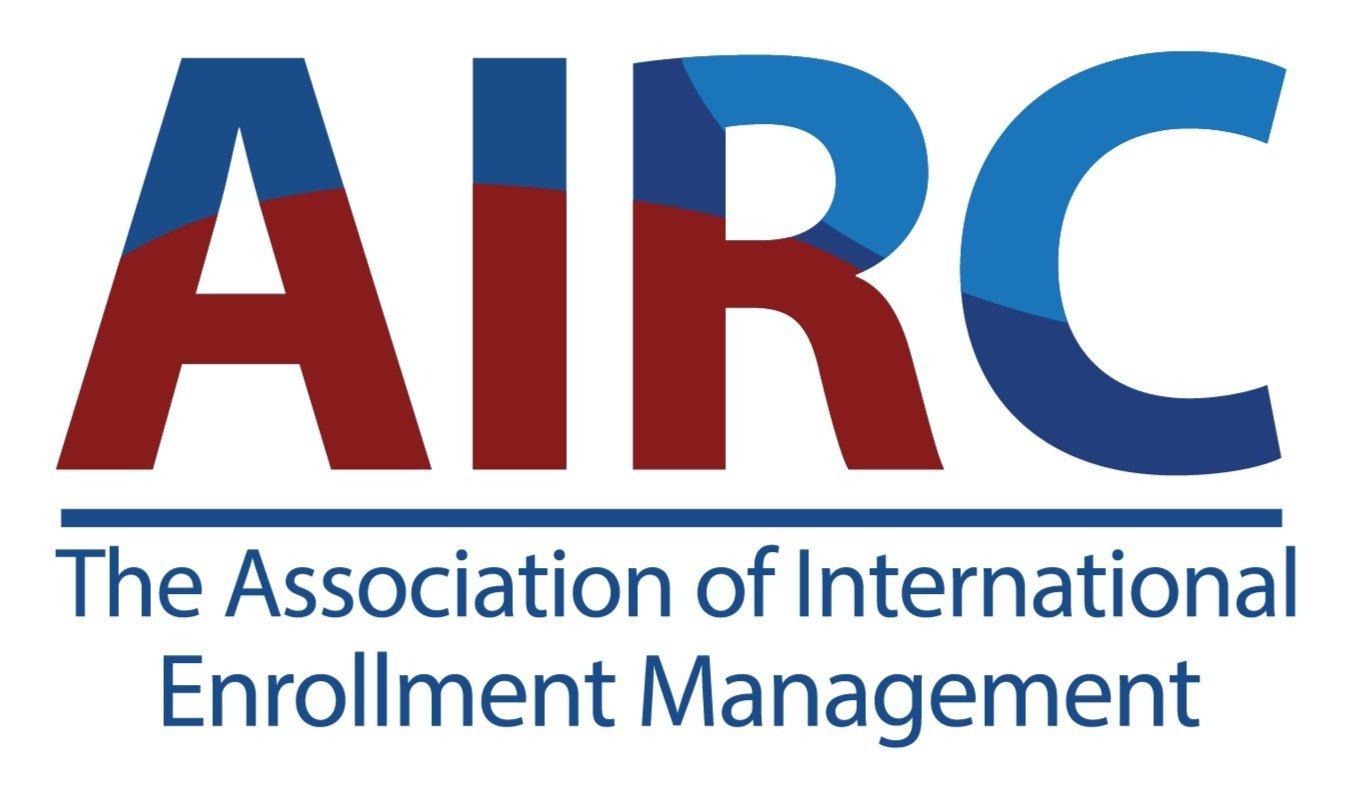Much has been written about Language Assessment Literacy (LAL) in the context of the classroom. However, not much has been written about LAL for professionals working at setting international admissions policy or making international admissions decisions. Deygers and Malone in “Language Assessment literacy in university admission policies, or the dialogue that isn’t” (2019) state that research shows that admissions officers and policy makers are generally not well-versed in matters of LAL.
With the scope of English proficiency exams continuing to broaden, a framework for understanding how to approach LAL for admissions professionals is both useful and timely.
Firstly, what is LAL? Here are two definitions that work in our context.
The Michigan Department of Education frames it this way: “[L]AL is the set of beliefs, knowledge and practices about assessment that lead a teacher, administrator, policymaker, or students and their families, to use assessment to improve student learning and achievement” (Michigan.gov)
Malone offers this definition: “Assessment literacy is an understanding of the measurement basics related directly to classroom learning; language assessment literacy extends this definition to issues specific to language classrooms.” (Malone, 2011: online)
An argument can be made that LAL in the context of international admissions will lead institutions to making better decisions about which students to admit and ultimately increasing retention rates among international students.
This bold statement can be digested a bit more easily when we understand several key concepts related to LAL:
Communicative competencies
21st Century Skills
Positive washback
Marks of quality
Proof of CEFR alignment
Security
Reliability & validity
When English proficiency tests competently manage all of these key areas, we can be more certain of how well a student will succeed in our academic classrooms.
Communicative competencies relates to the amalgamation of linguistic, socio-linguistic, strategic and discourse competencies.
21st Century Skills relates to the ideas of self-efficacy, motivation, problem solving, metacognition, creativity, conscientiousness, collaboration, critical thinking and perseverance.
Positive washback refers to the improvement in specific skills due to test preparation. In other works, developing language skills as a test preparation strategy and not just “teaching to the test.”
Marks of quality: which external quality assurance organizations have certified or accredited a specific exam?
Proof of CEFR alignment: is the test specifically pegged to recognized benchmarks of ability and how is this evidenced?
Security: how secure is the test and what steps are in place to ensure the identity of test takers and results.
Reliability and validity: the extent to which an assessment method or instrument measures consistently the performance of the student.
Taking a deeper look into these areas of the English proficiency exams we are considering adding to the roster of exams we recognize for admissions purposes will enable us to be more secure about well these exams serve our purposes.
At Trinity College London, we take steps to ensure that all of our assessments meet stringent marks of quality so that the institutions that accept our tests can be certain that students are being recruited at the correct level for your courses.
Trinity College London is a leading international exam board and independent education charity that has been providing assessments around the world since 1877. We specialize in the assessment of communicative and performance skills covering music, drama, combined arts and English language.
With over 850,000 candidates a year in more than 60 countries worldwide, Trinity qualifications are specifically designed to help students progress.





